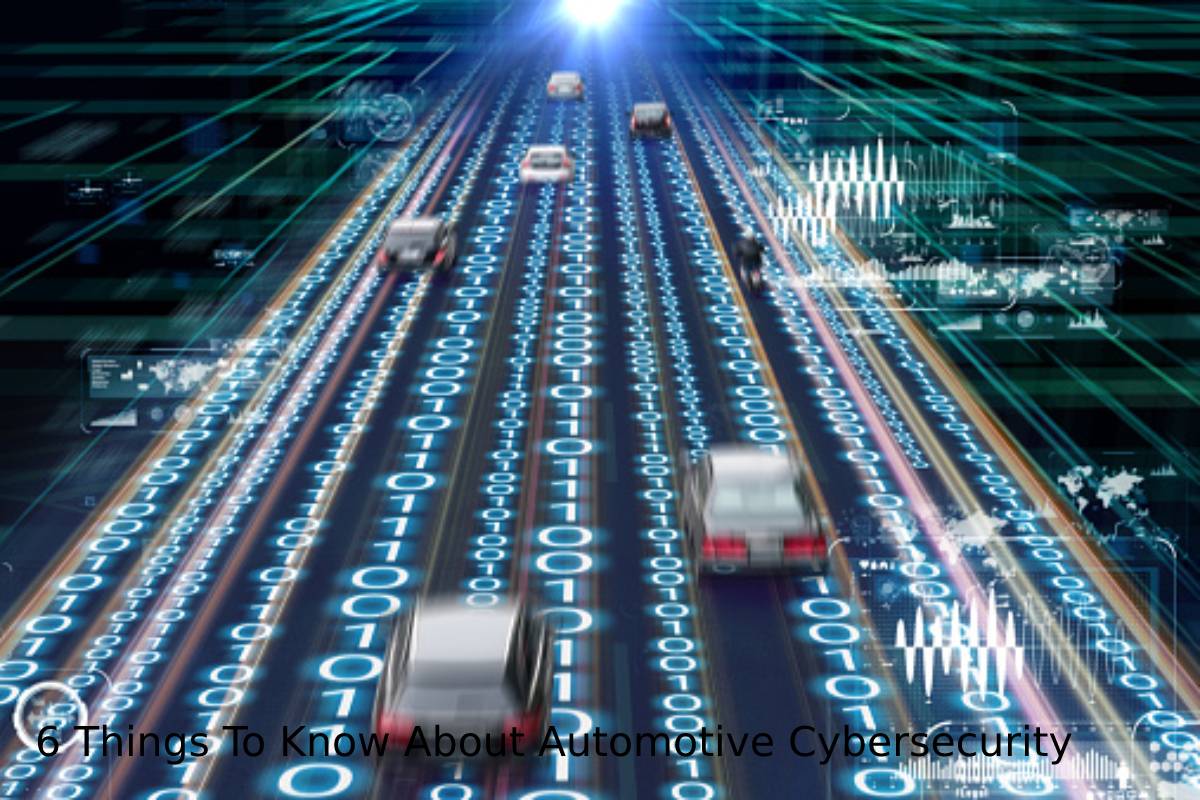With cars becoming more and more technology-dependent it’s no surprise that automotive cybersecurity is a thing.
Hackers are becoming more and more active in exploiting new vulnerabilities that exist in cars’ infotainment systems and onboard computers.
The automotive industry is a tempting target for cybercriminals hoping to access valuable data about the car, its driver, or even steal their identity.
Table of Contents
Here are 6 things you should know about automotive cybersecurity.
1. The automotive industry is a tempting target for cybercriminals
The automotive industry is a tempting target for cybercriminals. Hackers can do anything from stealing your identity to causing accidents by remotely controlling a car’s functions. With cars becoming more and more computerized, the vulnerability of automotive cybersecurity continues to grow.
2. Automotive cybersecurity is not just about the car, it’s also about the data that goes into the car
Your social security and credit card numbers, as well as your email and bank account passwords, can be easily accessed by someone with malware if you’re not careful. Hackers don’t just come after the car itself but also the data that goes into it. This includes things like maps or traffic updates that are used by GPS systems.
3. Cybersecurity vulnerabilities are often found in cars’ infotainment systems and on-board computers
One of the most common areas where automotive cybersecurity vulnerabilities are found is within a car’s infotainment system. Hackers can access these types of systems to steal personal data or cause accidents by remotely controlling vehicle functions. Additionally, Bluetooth connectivity connections are frequently exploited.
4. Hackers can do anything from stealing your identity to causing accidents
Hackers can do just about anything with the right tools and software, including taking over a car’s functions by controlling its onboard computer systems. This includes theft of personal data, hacking into your vehicle’s system to steal information, or even remotely controlling the steering and brakes to cause accidents.
5. There are ways you can protect your vehicles against hackers – such as by installing anti-virus software or using a firewall
There are several things people can do to ensure their car’s security, including installing anti-virus software or using a firewall. This helps ensure that only approved devices can stream data to your infotainment system.
6. Downloading an app with malware could lead to some serious issues with your vehicle system
Downloading an app with malware could potentially have catastrophic results, possibly putting you in danger by downloading malicious software that compromises both the car and the personal information stored on it.
Conclusion
The automotive industry is a tempting target for cybercriminals. Hackers can do anything from stealing your identity to causing accidents by remotely controlling a car’s functions. With cars becoming more and more computerized, the vulnerability of automotive cybersecurity continues to grow.
To protect yourself make sure you install anti-virus software or use a firewall on your infotainment system. Also, only download apps from trusted sources. Additionally, with cars becoming more and more computerized it is important to be aware that cybersecurity vulnerabilities are often found in vehicles’ infotainment systems and onboard computers.
What are your thoughts on automotive cybersecurity? Share them with us in the comments.



